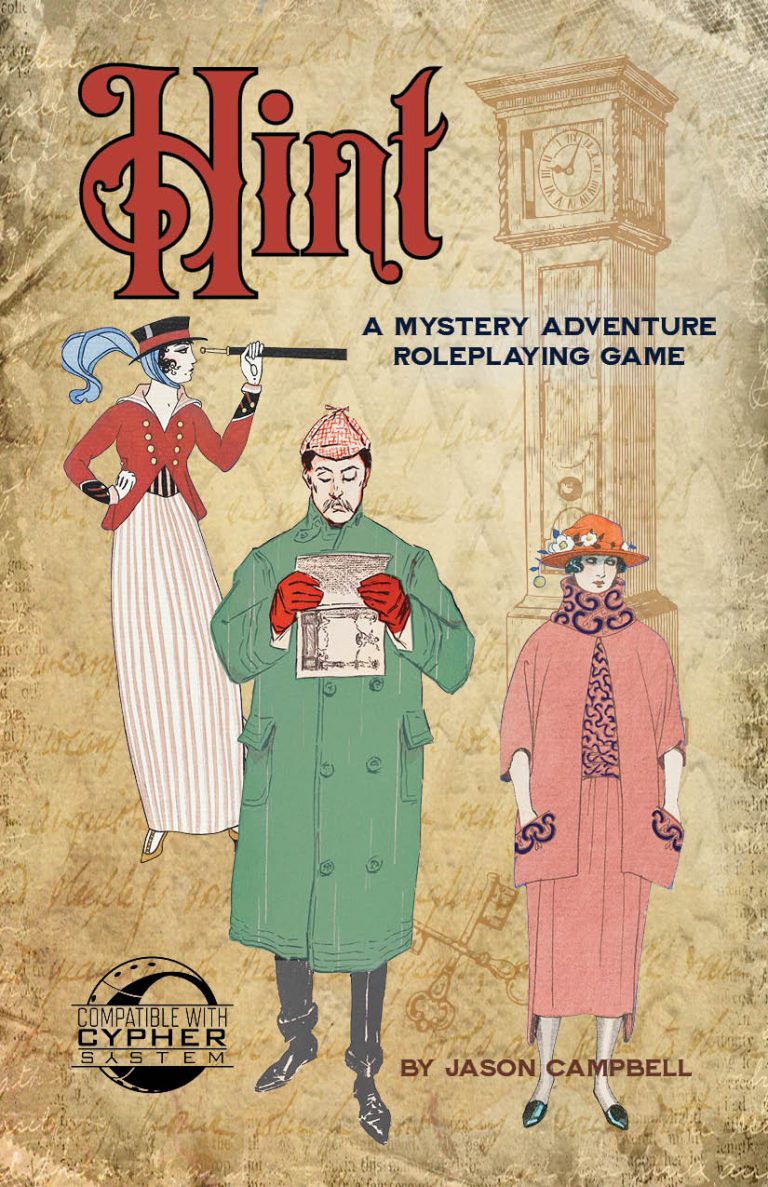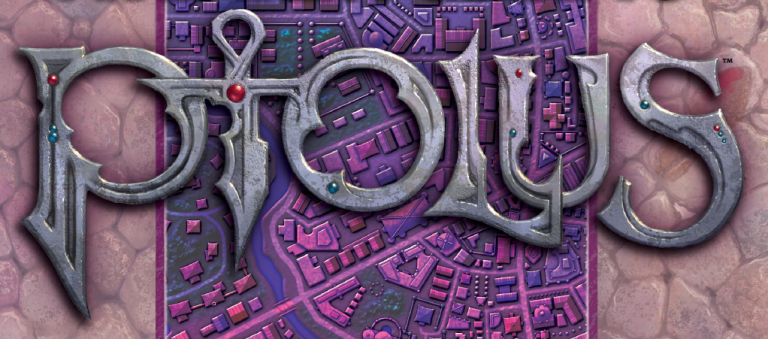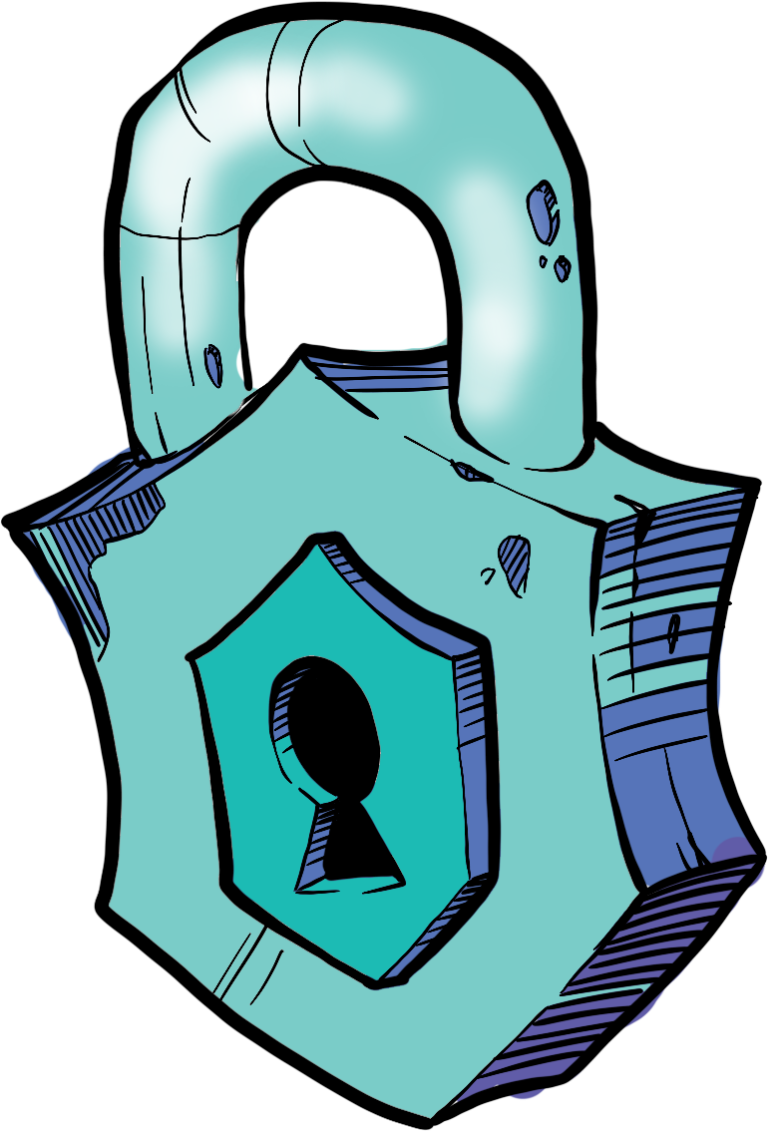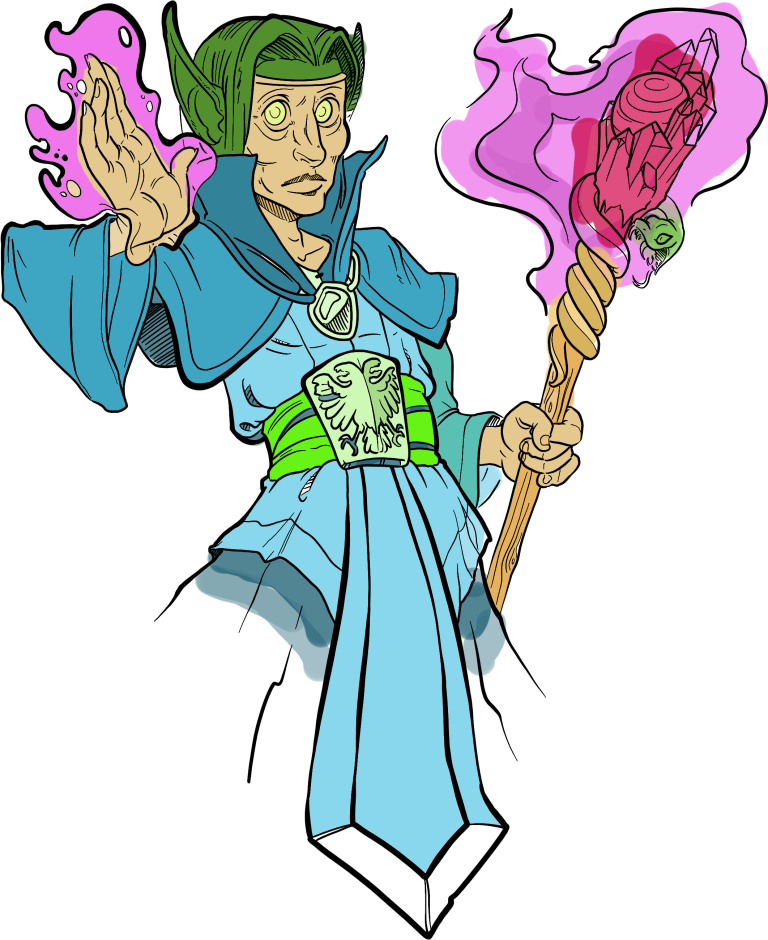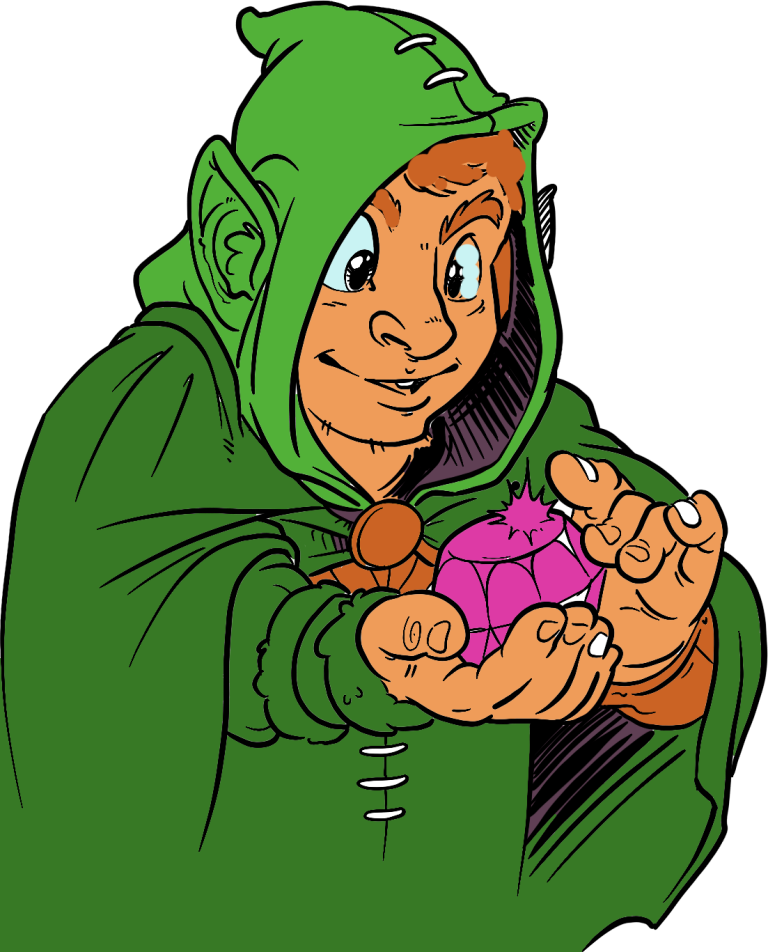By Jason Campbell
With recent interest in TTRPGs other than Dungeons and Dragons, I’ve been running “intro sessions” to other game systems. I’ve done this with Blades in the Dark, but most often I’ve done this with Monte Cook Games’ Cypher System, as I’ve been running and playing this game system for 3-4 years. I’ve done this at game stores but most often online over Discord. Here’s some lessons I’ve learned from doing this.
Introducing the System
You will find many different types of players in your group for an intro game. Some may be sold on the new system and want to learn it while others might be just curious to know what the new system is about. It’s usually helpful to begin with a short intro to the game system, its themes and building blocks. It’ll be important to keep this short and get into the rules as quickly as possible. The general rule of running intro games (as in all TTRPG games) is to do what is best for the table. This means avoiding things which might push players away when possible, so they understand the best parts of the game system.
Know Your Audience
The first thing I do is find out what the players’ typical role is in TTRPGs. They might be players, GMs, or publishers, or any combination of those. This is important to know as if your players are interested in publishing content for this game system you want to touch on licensing options for this game system. Likewise if you’ve got GMs in the group you’ll want to add in advice for running the game in addition to playing characters.
I’ve also steered my intro session towards fantasy games as I’ve found most of the new players are coming from another TTRPG. For Cypher System, the game system could be used for any genre and I discuss this, but I’ve found that most of my players main interests are in fantasy. You’ll want to discuss this ahead of time so you can lean into whatever your players’ interests are while touching on the genres the game system works in.
Explaining the Rules
I prepare for this by skimming through the rule book and creating a bulleted list of the basics of the system. Go over this list and put it in priority order, beginning with the most important rules for the players to understand. Depending on the system this might be sorted with the rules that are at the core of other rules. For instance with Cypher System I begin with “the GM never rolls dice, the players roll all the dice”. Even though there are very rare exceptions, the core here is important for players to understand why the game is built as it is. I then move on to “the d20 will be used for most of the rolls, occasionally you’ll need a d6 but very rarely a d%”. This gives new players the right mindset for understanding the more detailed rules. I try to keep the list of basic rules as short as possible, giving players only what they need to begin the game. I’ll also maintain a list of additional rules which are important but you could set aside to play an intro adventure. Then if there’s time I’ll mention them, or I’ll tell any players who can linger a bit after the session that I’ll quickly mention these rules.
The one thing that I like to impress upon players new to the Cypher System is. If you are not new to RPGs, please leave your previous experience at the door. If you are new to RPGs there is no right or wrong way to do this. Don’t over think it and have fun. Everything you want to do with your character, worlds and stories can be done in Cypher. It just takes a paradigm shift.
Alpha Dean
To Character Create or Not to Create?
I firmly believe the best way to learn a new TTRPG system is to play a short adventure using pre-generated characters. This gives new players an idea of how the basic rules work before they try to create a character. Most of TTRPG character creation comes down to the player making choices, and many of those choices will be difficult if the players do not yet understand the implications of those choices.
However let’s keep in mind our initial guide of do what is best for the table. I’ve found that many of the players interested in learning a new game system really want to create their own characters. In order to not push those players away, I’ve modified my intro sessions to allow for character creation.
In order to do this, before the session I send links to a player’s guide or online character creator and character sheet when possible. This lets players who are anxious to create characters explore the options before the session. I also warn all the players that we will not be running a full adventure so that we can allow time for character creation. For instance in my intro sessions I’m trying to keep to 3 hours. I find I can get through basic rules and walk through character creation in about an hour and a half. This leaves an hour and a half or sometimes less for playing an adventure.
Running a Short Intro Adventure
Given that I’ve emphasized that for time reasons we won’t be running a complete adventure, I’ve run a very simple scenario. This means that you need to pay strict attention to pacing. If the players get stuck in one encounter you might have to have NPCs act on the scenario to push the story along, so you can get to the important parts of the adventure. Note that in this case the important parts are not because of the cool story, but rather because you want to get through a few plot points that expose how the game system’s rules are used in game play.
In my intro session mini games I want to make sure we have some social encounters, some chances for exploration and at least one combat. I find that’s all I can fit in an hour and a half. So I begin in a tavern where the PCs find the task they are to take on and interact with NPCs. This way the players find how the game system works with things like persuading or gaining insight with NPCs. Then the task is a short distance away so the players decide how they approach the scene of the bad guys’ hideout. This gives them the chance to find out how the game system works while sneaking around or investigating. Then the PCs encounter hostile creatures so they can see how the game system works with combat. Note that at this point if the PCs attempt to negotiate with the NPCs I will have one of the NPCs straight out attack the PCs. This is the type of “railroading” I’d likely avoid in normal games, but its important that the players understand how combat works, if combat is a common part of the game system.
What do you think about running intro to game systems? If you’ve run them, what have you learned? If you play in them, what do you like to see in them? Let us know in the comments below.


